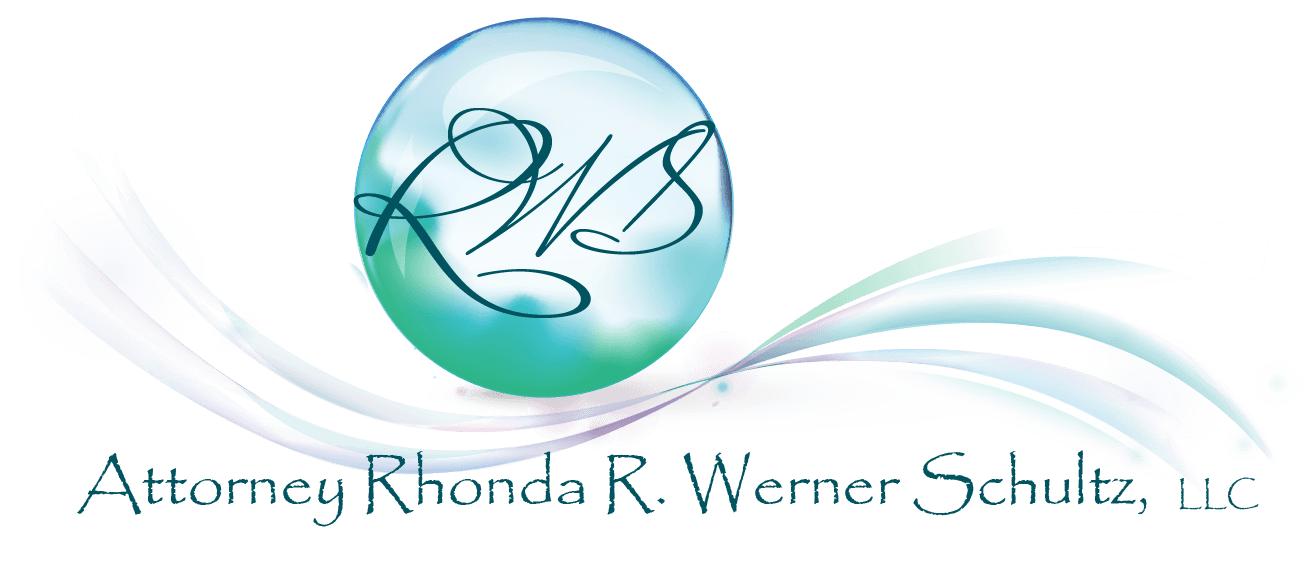ESTATE PLANNING HELPS PROTECT YOUR LOVED ONES
ESTATE PLANNING HELPS PROTECT YOUR LOVED ONES
Benefits of Estate Planning
The core of an “estate plan” is typically a will, trust, or other healthcare and financial powers, or any combination thereof based on your unique circumstances. Estate plans are as distinct as your family.
Estate planning is the process of establishing what will happen to your property when you die or how your affairs will be managed should you become incapacitated. With proper estate planning, your family and loved ones will benefit by being prepared for the future and the various legal matters that must be handled after you pass away. For this reason, it is important to start estate planning as soon as possible. Benefits of estate planning include:
- Protecting your valuable assets
- Your loved ones can avoid the hassle and burden of probate
- You can specify your wishes for important matters in case you are ever incapacitated
- It simplifies your transition to retirement
- Your loved ones can immediately administer your property following your death
- You can reduce probate, tax, and other costly expenses
- It ensures your children are taken care of
- You can accommodate and plan for special needs children
A PLAN FOR EVERY FAMILY
Attorney Werner Schultz knows how important it is to make sure your family has the support they need when the worst happens. She will walk you through your estate planning options and become familiar with your situation. Every family is different, but all families need an estate plan. Ms. Werner Schultz provides a wide range of plans, from simple plans for young families to trust plans designed for cost savings in high net-worth estates. Since an estate plan is unique to each person, she looks at each family’s circumstances and goals to put together the right plan for you.
Each plan should be as simple as possible while achieving your goals. For not-so-simple families—blended families and families with special needs beneficiaries— Ms. Werner Schultz offers solutions designed to solve these complex problems in simple ways.
A Process Designed For You: Attorney Werner Schultz offers an affordable consultation and affordable options to give you the peace of mind so that your affairs are in-order for the benefit of your family.
A PLAN FOR EVERY FAMILY
Attorney Werner Schultz knows how important it is to make sure your family has the support they need when the worst happens. She will walk you through your estate planning options and become familiar with your situation. Every family is different, but all families need an estate plan. Ms. Werner Schultz provides a wide range of plans, from simple plans for young families to trust plans designed for cost savings in high net-worth estates. Since an estate plan is unique to each person, she looks at each family’s circumstances and goals to put together the right plan for you.
Each plan should be as simple as possible while achieving your goals. For not-so-simple families—blended families and families with special needs beneficiaries— Ms. Werner Schultz offers solutions designed to solve these complex problems in simple ways.
A Process Designed For You: Attorney Werner Schultz offers an affordable consultation and affordable options to give you the peace of mind so that your affairs are in-order for the benefit of your family.
YOUR LAST WILL & TESTAMENT
People generally believe they are best suited to determine who should inherit their possessions. A will allows you to determine who will receive your property upon your death. A will does not go into effect until after someone dies. Therefore, a will cannot help a person declare how their affairs should be managed should they become incapacitated by illness or injury.
Without a will, Wisconsin’s intestacy laws govern who inherits someone’s possessions, including bank and investment accounts and other possessions.
Usually, the spouse inherits everything. In the absence of children or a spouse, the estate would be divided among your nearest living relatives and division can be lengthy and expensive when there is no will.
In addition to specifying the disposition of personal possessions, a will can also:
- Ensure your children’s security by naming the person you prefer as guardian
- Provide for the future care of pets
- Specify how final expenses should be handled
A will cannot prevent an estate from entering into the probate process, which can be a lengthy and costly process.
TRUSTS
Trusts can be used along with a will or instead of a will to distribute your property and express your wishes about distributing your property upon your death. There are multiple types of trusts, including irrevocable trusts, revocable living trusts, testamentary trusts, and special needs trusts.
Trusts vary in complexity and are designed to serve a variety of different purposes. Fundamentally, all trusts revolve around the interaction of three parties: the settlor, the trustee, and the trust beneficiary. The settlor is the person who funds the trust – places certain property and assets within it – on behalf of the beneficiary. The trustee is the person(s) or entity that controls the money or assets. Trust funds can hold a variety of assets, including cash, real property, stocks and bonds, and businesses.
There are several potential benefits of creating a trust, including:
- Avoiding probate
- Reducing estate and gift taxes
- Gaining estate/tax planning for both the settlor and the beneficiary
TRUSTS
Trusts can be used along with a will or instead of a will to distribute your property and express your wishes about distributing your property upon your death. There are multiple types of trusts, including irrevocable trusts, revocable living trusts, testamentary trusts, and special needs trusts.
Trusts vary in complexity and are designed to serve a variety of different purposes. Fundamentally, all trusts revolve around the interaction of three parties: the settlor, the trustee, and the trust beneficiary. The settlor is the person who funds the trust – places certain property and assets within it – on behalf of the beneficiary. The trustee is the person(s) or entity that controls the money or assets. Trust funds can hold a variety of assets, including cash, real property, stocks and bonds, and businesses.
There are several potential benefits of creating a trust, including:
- Avoiding probate
- Reducing estate and gift taxes
- Gaining estate/tax planning for both the settlor and the beneficiary
POWERS OF ATTORNEY
A power of attorney is a legal document that gives another individual the authority (powers) to act and make decisions on your behalf when you are unable to make those decisions for yourself. The type of actions and decisions permitted vary depending on the terms of the document. You should create a power of attorney if you would like to ensure you have someone who can make decisions about your affairs should you become incapacitated. Make sure to update your power of attorney frequently, since banks and other financial institutions may not honor documents that have not been updated for more than a year.
HEALTH CARE DIRECTIVES
A health care directive, or advance directive, is a document that allows you to specify the type of medical and personal care you desire should you become incapacitated. Similar to a power of attorney, you can also designate a person who will make and communicate health related decisions for you.
Along with an advance health care directive, you will also want to complete an authorization for specific individuals to access your medical information. Without this document, your doctor may refuse to give the necessary information to your designated decision-maker.
PROBATE
After a person passes away, their estate will pass through a process called probate whether they have a will or not. Probate is how courts administer an estate and make sure the decedent's property is properly managed and distributed to the right beneficiaries.
When a person has no will, the process is a public probate ordeal. When a person dies without a will, it is called an intestate estate. There are two differences between probate when there is a will and an intestate estate:
- In an intestate estate, the deceased person gets no say in who is in charge of settling their estate
- If there is no will, the deceased has no control over who receives their property
Probate can be avoided through careful estate planning. To find out what arrangement best meets your needs contact my office.
“I provide you with concise guidance about the law so you can make the best decision about how to proceed.” To schedule a legal consultation with Attorney Rhonda R. Werner Schultz, call us: (715) 298-9004
BROWSE OUR WEBSITE
CONTACT INFORMATION
PHONE: (715) 298-9004
EMAIL: jenny@wernerschultzlaw.com
ADDRESS: 210 Grand Avenue, Suite A
Wausau, WI, 54403












